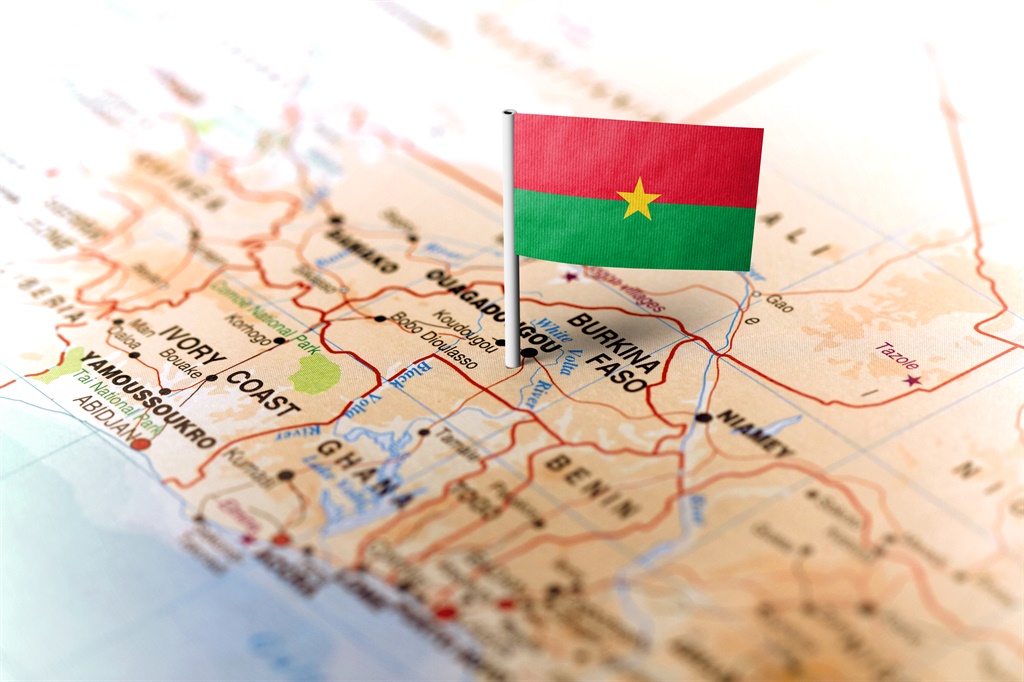

More than 4,000 people are being forced to flee their homes each day in Burkina Faso, as attacks on civilians by jihadist militants increase in number and frequency, the UN’s refugee agency said on Friday.
“People fleeing the violence report attacks on their villages by militant groups, killing, raping, pillaging. Terrified of these attacks, residents have left everything behind to find safety,” the UNHCR said in a statement.
“In Burkina Faso, the latest attacks by militants on civilians and local authorities have been forcing a daily average of more than 4 000 people to flee their homes and search for safety since January 1,” it said.
In 2019, the daily average had stood at around 1 400, the agency’s spokesperson Babar Baloch told AFP.
So far, 76 000 people had already been displaced, the UNHCR estimated.
Of these, more than 700 000 had fled in the last 12 months, including 150 000 in the last three weeks alone.
Most of those displaced were now living in host communities, but the UNHCR was finding it difficult to assist them because access was “problematic” in some regions due to the insecure situation, spokesperson Andrej Mahehic told a news briefing.
Burkina Faso is an impoverished and politically fragile country in the west of Africa which, like neighbouring Mali and Niger, suffers frequent attacks by jihadist groups.
Starting in northern Mali in 2012, jihadist violence, often intermingled with inter-community conflicts, spread to Burkina Faso and Niger, killing 4 000 people in the three countries in 2019, according to UN figures.
The UNHCR said that more than 4 400 refugees from Niger had arrived in Mali, fleeing a string of attacks in the Tillaberi and Tahoua regions.
The refugees had found safety in the Malian towns of Anderamboukane and Menaka, where they joined another 7 700 displaced Malians in the same area.
More people continue to cross the border between Niger and Mali, the UNHCR said.
“Alarmed by the dramatic rise of forced displacement in the Sahel, UNHCR reiterates its call for the protection of civilian populations and those fleeing violence,” the statement said, adding that “humanitarians need safe access to deliver assistance.”
